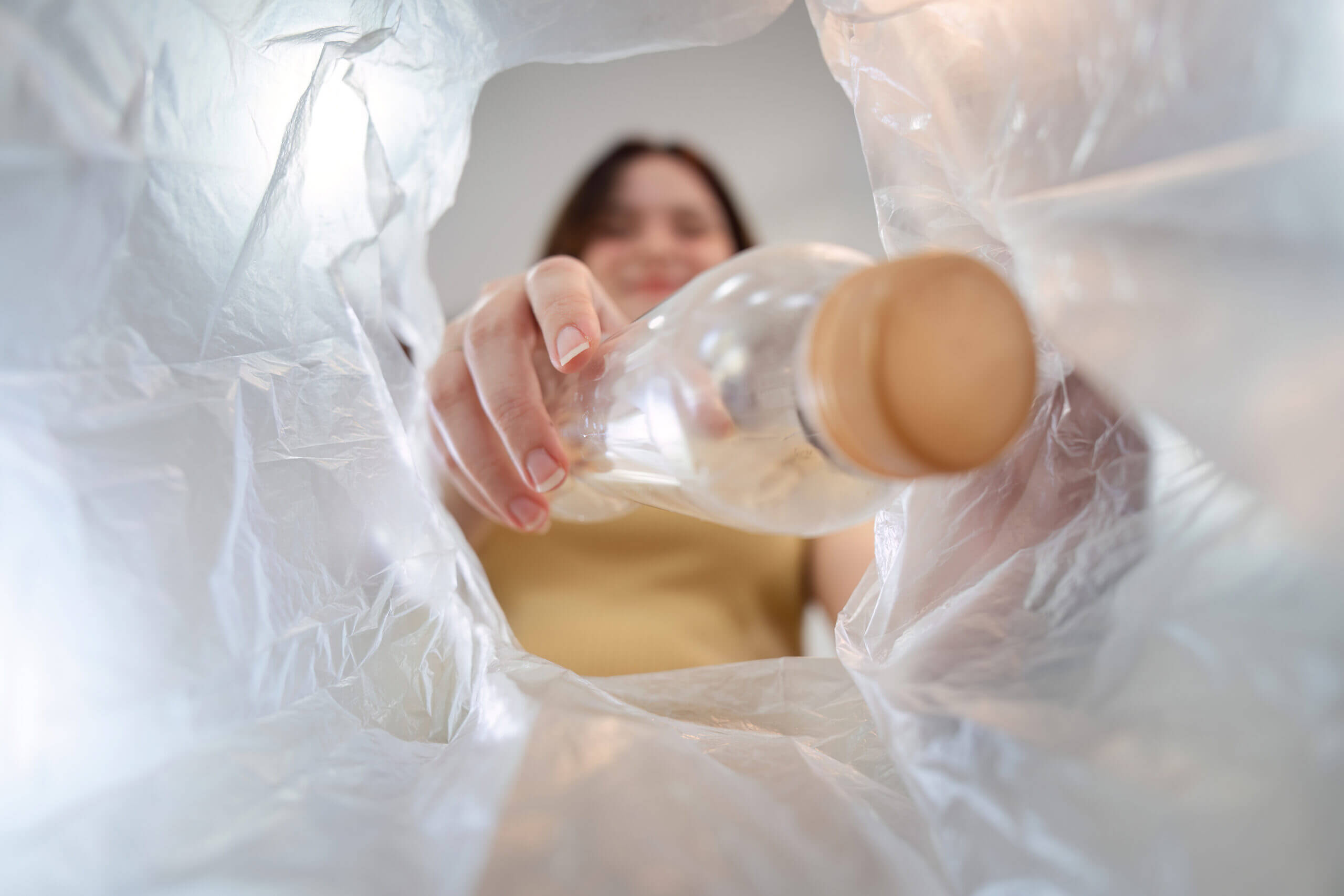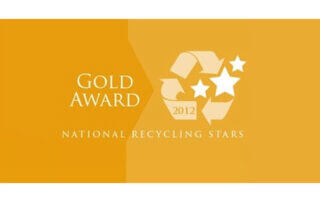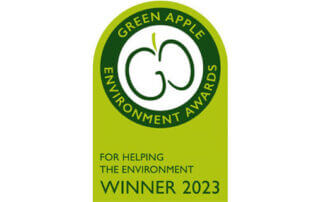
Recycling household waste is not only beneficial for the environment, but it can also help you save money and reduce the amount of rubbish sent to landfill. Whether you’re a seasoned recycler or just starting out, there’s always room to improve your habits. Here are ten top tips to make recycling at home as effective as possible.
Know What You Can and Can’t Recycle
Before tossing items into the recycling bin, it’s essential to understand what your local council accepts. Most councils provide detailed information on what can be recycled curbside and where you can take other items. For instance, paper, cardboard, metal cans, and certain plastics are often widely accepted, while items like greasy pizza boxes or broken ceramics may not be.
Tip: Check Packaging Symbols
Look for recycling symbols on packaging. Items with the Mobius loop symbol (three arrows in a triangle) are generally recyclable, but the exact type may vary.
Separate Materials Properly
Recycling is much more effective when materials are clean and separated. Avoid contaminating recyclables by washing out food and drink containers and separating different materials (e.g., lids and jars).
Why It Matters
Contamination in the recycling bin can lead to entire batches being rejected and sent to landfill. Taking a few moments to rinse containers can make a big difference.
Avoid Wishcycling
Wishcycling—placing items in the recycling bin in the hope they’ll be recycled—can cause more harm than good. If you’re unsure whether something is recyclable, check online or contact your local council rather than risking contamination.
Compost Your Food Waste
A significant portion of household waste comes from food scraps, which are often unsuitable for traditional recycling. Setting up a compost bin is an excellent way to recycle organic waste and create nutrient-rich soil for your garden.
Tip: Include These in Your Compost
Vegetable peels, fruit scraps, coffee grounds, and eggshells are all compost-friendly. Avoid meat, dairy, or oily foods unless you have a specialised composting system.
Repurpose Before You Recycle
Think about how you can reuse items before sending them off for recycling. Glass jars make excellent storage containers, while old newspapers can be used for wrapping gifts or lining pet cages.
Use Your Local Recycling Centres
For items that can’t be recycled curbside, like batteries, electricals, or paint, local recycling centres can be a lifesaver. These centres often have designated areas for different materials, ensuring proper disposal.
Tip: Check Opening Times
Some recycling centres require appointments or have restricted hours, so plan your visit accordingly.
Recycle Small Items Properly
It’s easy to overlook small recyclables like bottle caps, foil, or used tea bags. These small items can add up and make a big impact when recycled properly. Place small metal items in a larger metal container to prevent them from being missed during sorting.
Choose Recyclable Products
When shopping, opt for products with minimal packaging or packaging made from recyclable materials. For example, glass bottles and jars are a better choice than plastic alternatives, as they are easier to recycle.
Donate or Sell Unwanted Items
Instead of discarding old clothes, toys, or furniture, consider donating them to charity or selling them online. Extending the life of these items reduces waste and benefits others.
Bonus Tip: Freecycle Groups
Join local Freecycle or Facebook Marketplace groups to give away items you no longer need.
Make Recycling Easy at Home
Set up a convenient recycling station in your home with clearly labelled bins for different materials. The easier it is to recycle, the more likely your family is to participate.
Tip: Get the Kids Involved
Teaching children about recycling early on helps instil eco-friendly habits for life. Turn recycling into a game or reward them for their efforts.
about our business

Waste King is your go-to provider for all your rubbish clearance and skip hire needs.









